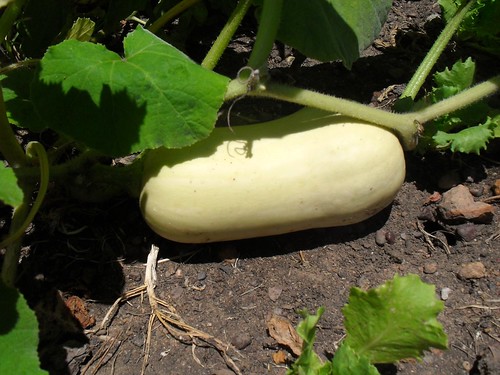Organic gardening is also cheaper; you don’t have to spend as much money on tools and vegetables. Here are some fundamental tips to get you to become a organic gardening professional.
The ideal temperature to set your thermostat for indoor plants should be kept between 65-75 degrees Fahrenheit during the daylight hours. The temperature needs to remain steady and warm so they are able to grow.If you want to save money on gas bills in the winter, you can use a heat lamp to keep your plants warm enough.
Keep your gardening tools handy to work more efficiently.
When your plants begin to sprout, it doesn’t need to be in as warm an environment. Check on your seeds often so you know when to remove the films.
It will also make your flower beds look to the garden.
Make sure you work in your garden.Don’t waste your time by looking all over for a tool. Prepare all of your tools prior to working in the garden, and then put them back in their place when done. You can use a tool belt for this purpose, or you may want to wear pants with extra pockets.
Grass Clippings
Your compost pile should contain green plant materials and dried ones in equal amounts.Green plant material comprises leaves, weeds, grass clippings, grass clippings, and fruit and vegetable waste. Dried plant material consists of sawdust, sawdust, cardboard, cardboard, and cut-up and dried wood material. Avoid ashes, charcoal, charcoal and diseased plants in your compost.
Fill the jar with beer to an inch lower than the jar’s top. Slugs will be attracted to the beer and fall into the jar once they enter.
Organic gardening can be more difficult than gardening with chemicals, but the results are worth it. While chemical pesticides and fertilizers may claim to do great things for your garden, organic gardening will always provide the most rewarding and healthy crops.
Botanical Insecticides
Research local botanical insecticides which can be useful in deterring the pest population. Natural insecticides are often more powerfully than ones that have chemicals in them. However, because botanical insecticides are biological, which makes them disappear more quickly.
When you are organically growing tomatoes, a great tip is to plant another set of tomatoes after three weeks of planting the original ones. This way you are not inundated with a huge tomato harvest all at once.
You can easily make a newer garden for your perennials with a few steps. Use the spade to get under the turf, turn them, and then bury the whole area under a thick layer of wood chips. Wait a few weeks before planting perennials in the brand new bed.
Organic gardening is healthier. You won’t be exposing your plants – and yourself to toxins or chemicals. Use the tips you just read to help you start planting your organic garden. Planting a natural garden also encourages wildlife to enjoy your garden, and this even benefits the plants growing within.

